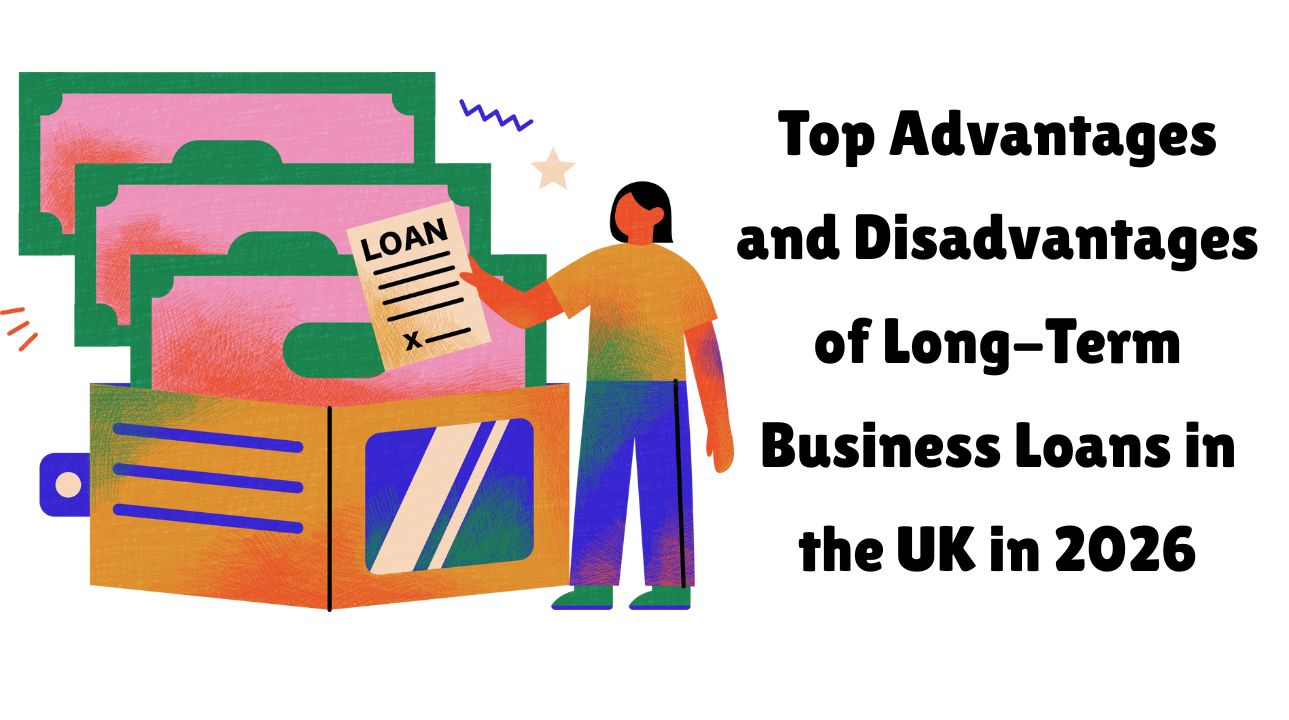The pickup truck was once simply like every other vehicle on the road. It has transformed into a vehicle that is useful beyond the construction site. The heavy motors suit work and recreation requirements, whether it is towing the horse box or the weekend camping.
Ford, Toyota, and Nissan models have a reputation for being priced way above 25,000. This makes them unaffordable to a large number of people who would do it in cash all at once. Here, pickup truck finance in the UK can help you bridge the gaps.
The finance deals separate the cost into small payments that most people can manage every month. That creates an opportunity for the trucks that may appear to be out of the picture at first impression.
Advantages of Pickup Truck Finance
You have many financial options to buy these vehicles. They spread the cost over time while letting you enjoy the benefits right away. Let’s explore why financing your pickup might be the best option for:
1. More Affordable Entry Point
The biggest draw has to be the small initial payment. Instead of paying £30,000+ upfront, you might start with just £3,000. This keeps your savings intact for other pressing needs or wants.
2. Budget-Friendly Monthly Costs
You’ll know exactly what’s going out each month, which helps avoid cash flow surprises. Most plans range from £250 to £500 monthly, based on your truck choice.
3. Flexible Finance Paths
You can choose what works best for your needs. Hire Purchase gives full ownership, Personal Contract Purchase offers lower monthly costs, and leasing works well for those who like new trucks.
4. Tax Perks for Work Trucks
Business owners can claim VAT on light trucks used for work. You might also write off part of the costs against taxable profits.
5. Added Protection Included
Most finance packages have lengthy cover plans. These often include breakdown help, repairs, and regular checks, which saves you from sudden repair bills.
6. Freedom from Final Fees
Many truck finance options have no large end payment. Once you’ve paid all monthly sums, the truck is yours.
7. Easy Path to Newer Models
This also makes swapping to new trucks simple. Many deals let you trade up every three to four years.
| Quick Comparison – Buy vs Finance | ||
| Feature | Buying Outright | Financing a Pickup Truck |
| Upfront Cost | High | Low or Medium |
| Ownership | Immediate | At end (HP/PCP) or never (Lease) |
| Monthly Payments | None | Fixed (over term) |
| Total Cost | Lower over time | Higher (due to interest) |
| Flexibility | Full | Limited (terms, mileage) |
Disadvantages of Pickup Truck Finance
Before signing any papers, it’s worth knowing the less sunny side of truck finance options:
1. Paying More Over Time
You might pay £5,000 to £8,000 extra compared to a cash buy. This comes from interest and fees that pile up month after month.
2. Stuck In Your Deal
Most plans charge high fees if you want out early. These can run into the thousands, making it hard to change your mind. Some deals also cap yearly miles, with extra costs if you drive too far.
3. Credit Score Hurdles
Poor credit might mean no deal or high rates. The lenders check your money past with a fine-tooth comb. People with bad records could face rates two or three times higher than others.
4. The Truck Isn’t Yours Yet
You don’t own the truck until the final payment. This means you can’t sell it if money gets tight. The finance company holds the cards until you’ve paid in full.
5. Charges for Wear and Marks
The company checks them very closely when handing back leased trucks. You might have to pay more for any scratches, dents, or worn seats.
6. Value Drops Still Hurt
Trucks lose their worth fast in their first few years. This value drop still affects you with finance deals. It can leave you owing more than the truck is worth for quite some time.

Types of Pickup Truck Finance Options
The finance path has its twists and turns. The right choice depends on how you’ll use the truck and your financial goals. Let’s look at the main ways to pay for that new pickup.
1. Hire Purchase
You pay a sum up front, then fixed monthly amounts for two to five years. The truck is yours once you make the last payment. There’s no shock at the end with large fees to pay. This suits those who want to keep their truck for many years.
2. PCP
Personal Contract Purchase offers smaller monthly bills than other choices. You pay for the truck’s drop in value during your time with it. In the end, you can pay a set amount to keep it. Or hand back the keys and walk away. Some even trade in for a newer model with fresh finance terms.
3. Contract Hire
This works best for those who like new trucks often. You never own the truck with this plan. Instead, you pay to use it for a set time, often two to four years. Monthly costs tend to be low, and you just give it back when done.
4. Lease Purchase
Your monthly costs stay lower throughout the deal. Then you pay a bigger sum at the end to gain ownership. It works well for those who want small monthly bills but still aim to own.
Finding Help with Loan Brokers
If you are running a truck business, business loan brokers can find deals you might miss. They know which lenders offer the best rates for your field. Many have links with banks that focus on trade vans and trucks.
| Business vs Personal Use – Tax Differences | |||
| Use Type | VAT Reclaim | Monthly Deduction | Benefit in Kind (BIK) Applies? |
| Business Use | Yes | Yes (if leased/financed) | No (if classified as commercial) |
| Personal Use | No | No | Yes (if company-provided) |
Pickup Finance for Self-Employed or Small Business Owners
A pickup truck often proves vital for many small businesses and sole traders. The finance deals can make perfect sense when you work for yourself. They offer clever ways to ease the strain on your business funds. You can still use your work truck while keeping most of your cash free for other key needs.
The taxman offers some breaks for work trucks on finance. You can often claim the cost of a lease or finance bills against your tax. This works for sole traders and small firms alike. These claims can knock a fair bit off what you pay the taxman each year.
You can claim back the VAT on most trucks used mainly for work. This gives back 20% of the truck’s worth in many cases. Just keep good records of how you use it for business trips.
These deals help smooth out your monthly cash needs. This makes planning much easier when work comes in instalments.
Your bank’s credit line stays open when you use truck finance. You can still borrow for other big needs. Many trades find this helpful when buying equipment or taking on larger jobs. Most lenders now offer deals made just for the self-employed. They know your needs differ from those of big firms or basic users.
Conclusion
Your own needs play a huge role in which financial path you choose. Someone using their truck daily for work faces a different sum than weekend warriors. The miles you’ll drive, the time you’ll keep it, and even your tax status all count.
The lenders check credit scores with care before they say yes to any truck deal. A strong score might save you thousands over the life of your financial plan. You take time to weigh all sides before you sign for that shiny new pickup. The right deal can make owning your dream truck a joy rather than a strain.

Harry Kane is a financial writer and author who has covered wide topics related to business loans and finance for the last decade. He has been working as the Chief Contributor in finding out deals on various business finance products covered by Thebusinessfunds, a reputed business loan broker firm in the UK. The primary work of Harry is to analyse the loan requirements of various businesses according to their circumstances and affordability. He directly communicates with the loan aspirants and guides them to get the right loan matching their needs. He has a vast experience in finance writing, working with many major business firms in the UK. At Thebusinessfunds, Harry also used to write well-researched blogs covering the financial problems of business loan aspirants and providing relevant solutions. He is a postgraduate with MSc. in Banking and Finance.






